Health freedom is the most essential human right you’ve never heard of. It isn’t listed in the Bill of Rights nor recognized by the Supreme Court, but it should be. Will free speech save us if we are ill or dying? Will the right to bear arms protect us from cancer or heart disease? Health is the foundation to life, liberty, and the pursuit of happiness. As the six-fingered man said in The Princess Bride,
“If you haven’t got your health, you haven’t got anything.”
Human rights can be categorized as personal or social. Individual rights, like freedom of religion, speech, and press, are exercised individually and are straightforward to understand and enforce. Social rights, on the other hand, require assistance from others and are more complex. For instance, the right to an attorney is a social right; if you cannot afford one, the court will appoint one. This means attorneys may have to serve unwillingly, fulfilling their duty as court officers. Social rights protect us by placing obligations on others, so we should exercise them judiciously. In the Bill of Rights, the right to counsel stands out as a social right. However, even personal rights can have social implications, as we will see.
Health freedom is surprisingly a social right. While your right to decide your treatment is personal, situations like a burst appendix require surgery, and even the best surgeons cannot operate on themselves. This necessity turns an individual right into a social one.
Health choices have broader implications. Activities such as hang gliding, BASE jumping, unprotected sex, or drug abuse come with risks that affect insurance rates and availability. When individuals can avoid the consequences of their choices, economists refer to this as "moral hazard," which is why insurance has deductibles and copayments. Despite this, Americans’ skyrocketing medical expenses are increasingly borne by insurers, employers, and the government, entities that struggle to control these costs.
In general, we need five elements for true health freedom:
- Autonomy: we need the right to choose for ourselves and our families.
- Options: meaningful choices are suited to our own unique needs. We’re all different.
- Information: free speech lets us make informed choices from many different options.
- Providers: When ill, we need health services that are local, open, and affordable.
- Innovation: when existing options fail, we must find or create new ones.
Today, we lack true health freedom. Only FDA-approved drugs and devices can be made, sold, or used in the United States. Drugs are defined by their intended use, meaning any herb or food used to diagnose, prevent, treat, or mitigate a disease becomes an “unapproved new drug.” We suffer from diseases with no approved or affordable treatments. We have “orphan drugs” with no manufacturers and “orphan diseases” with no research. We debate whether a woman whose life is in danger, who is a victim of rape or incest, or whose child cannot survive can end her pregnancy. We debate both “right to try” and “right to die” laws for terminally ill patients. These issues can be solved easily if we are simply willing to give everyone the same health freedom we want for ourselves. We are all created equal—but not identical. Each of us is unique, and our choices will necessarily be different.
Why should we be concerned with the health choices of others? Thomas Jefferson once wrote: “It does me no injury for my neighbor to say there are twenty gods or no God. It neither picks my pocket nor breaks my leg.” The same may be said of their medical treatment. For America to be the land of the free and the home of the brave, we must be brave enough to let others be free.


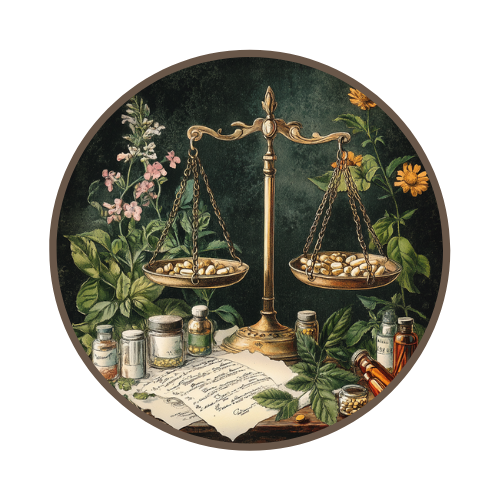
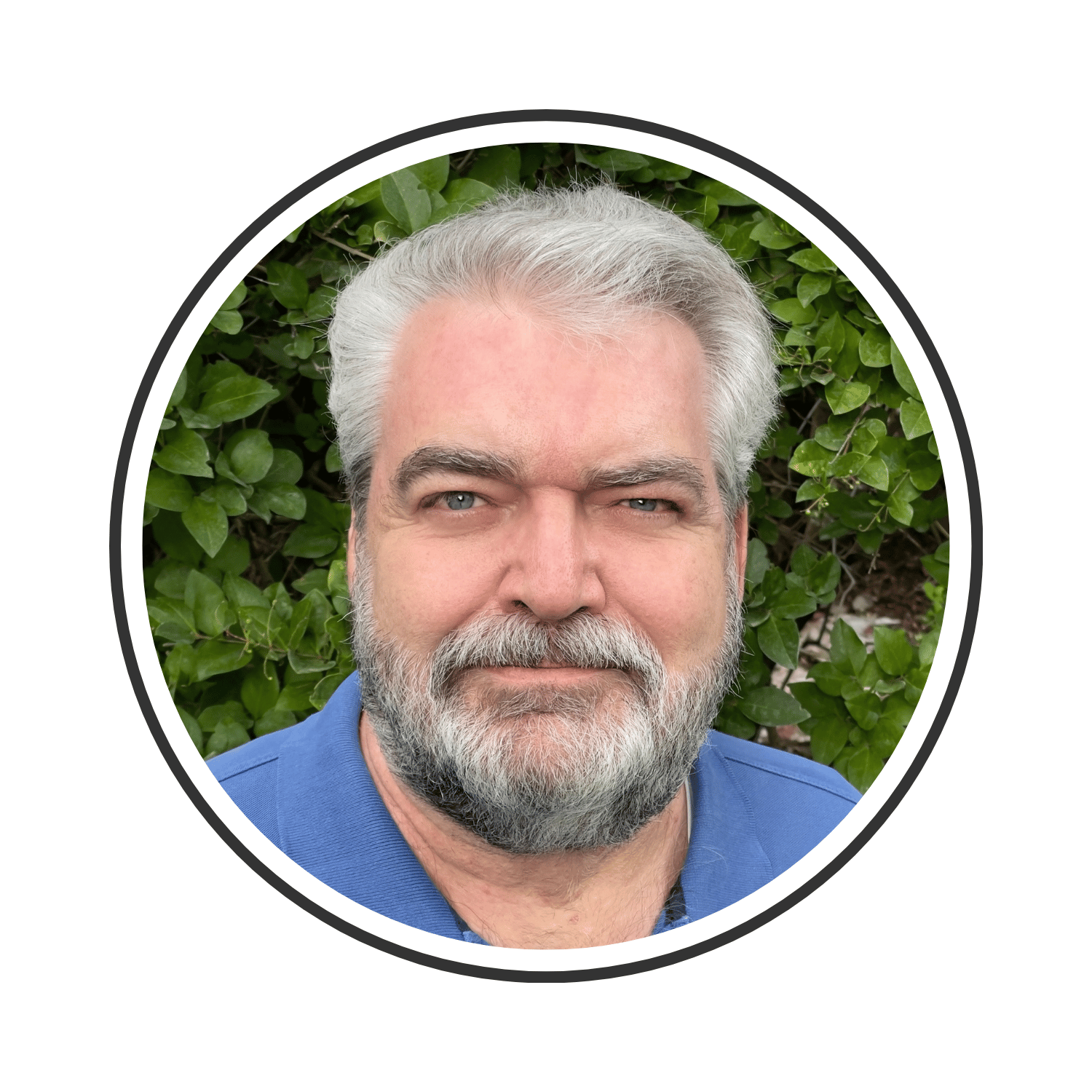
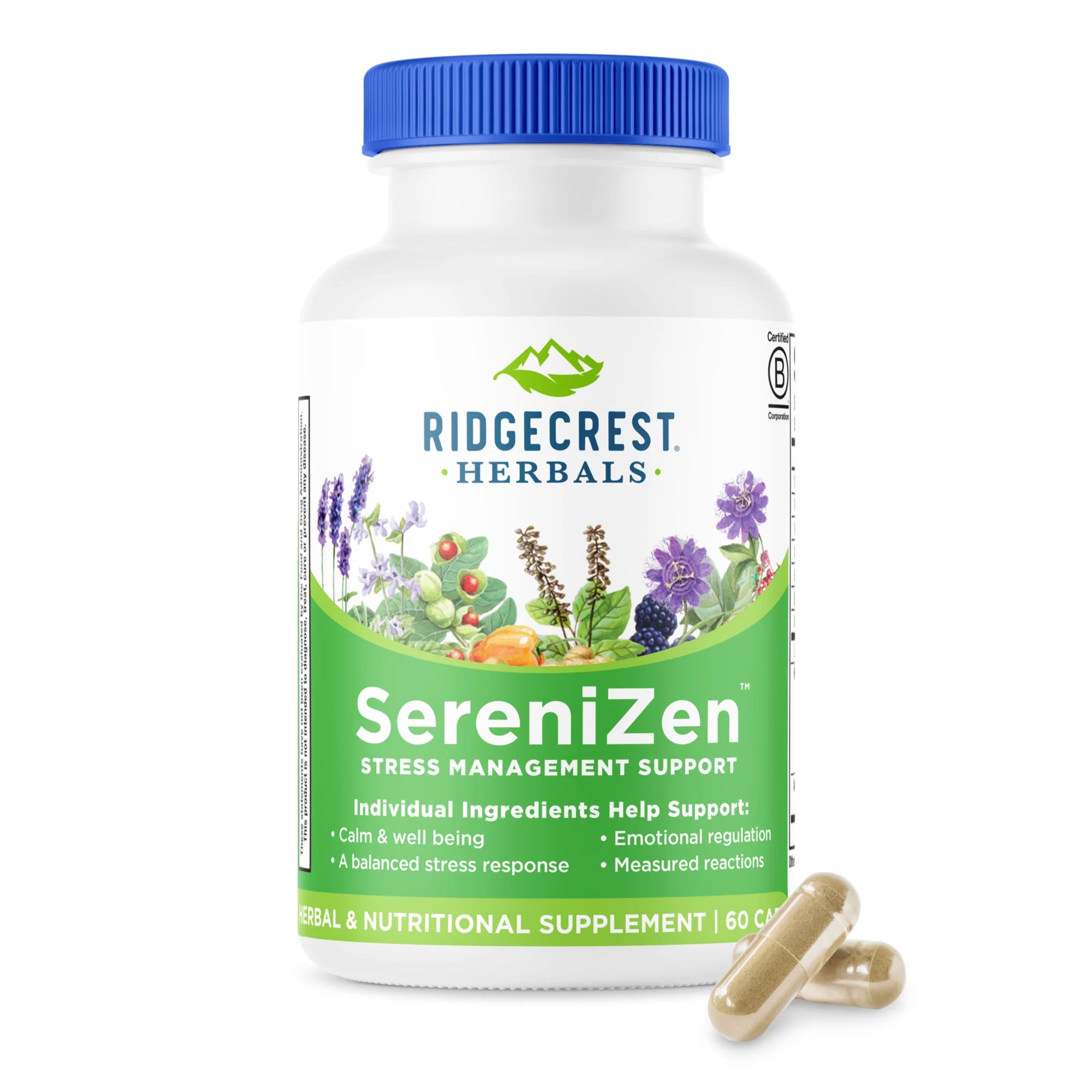
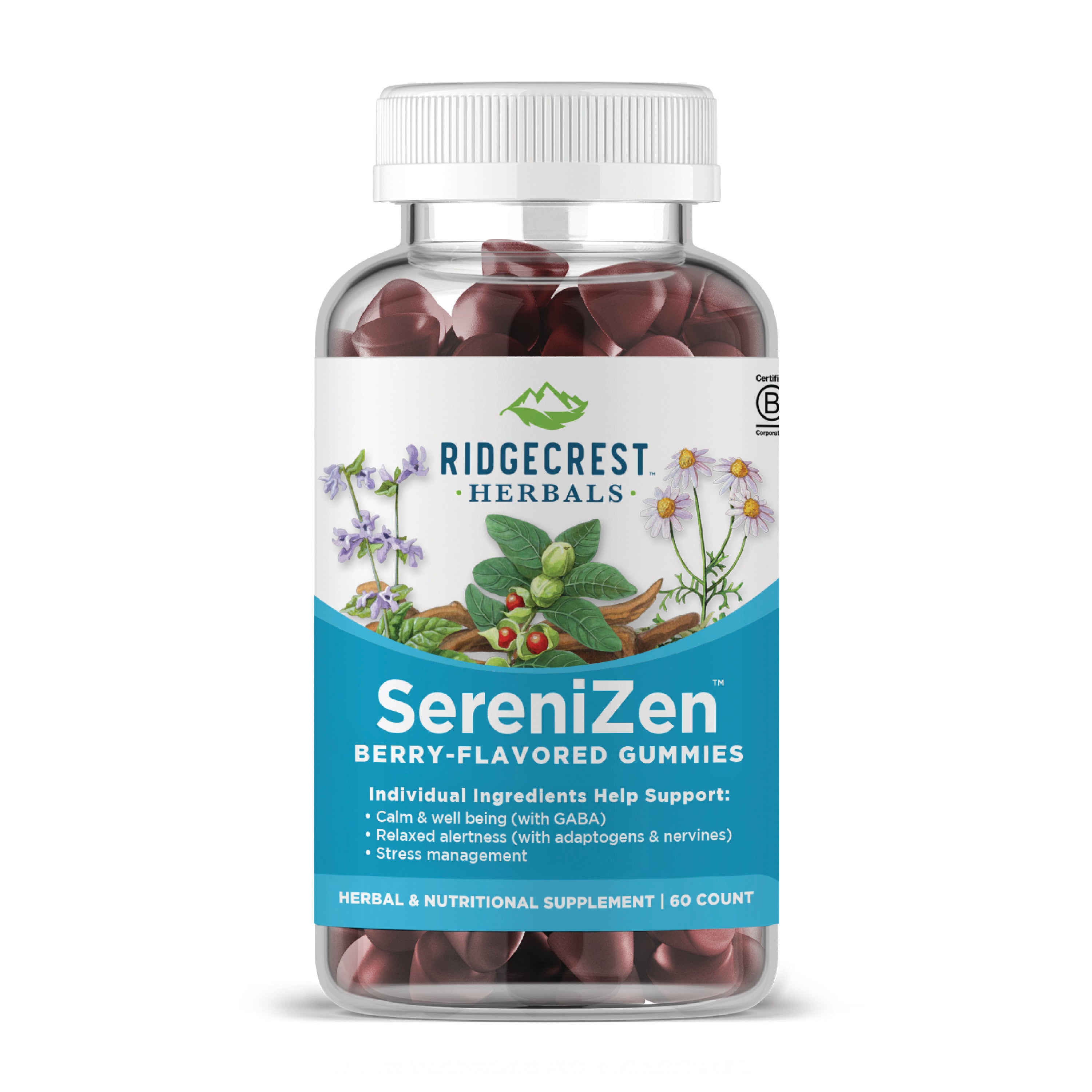
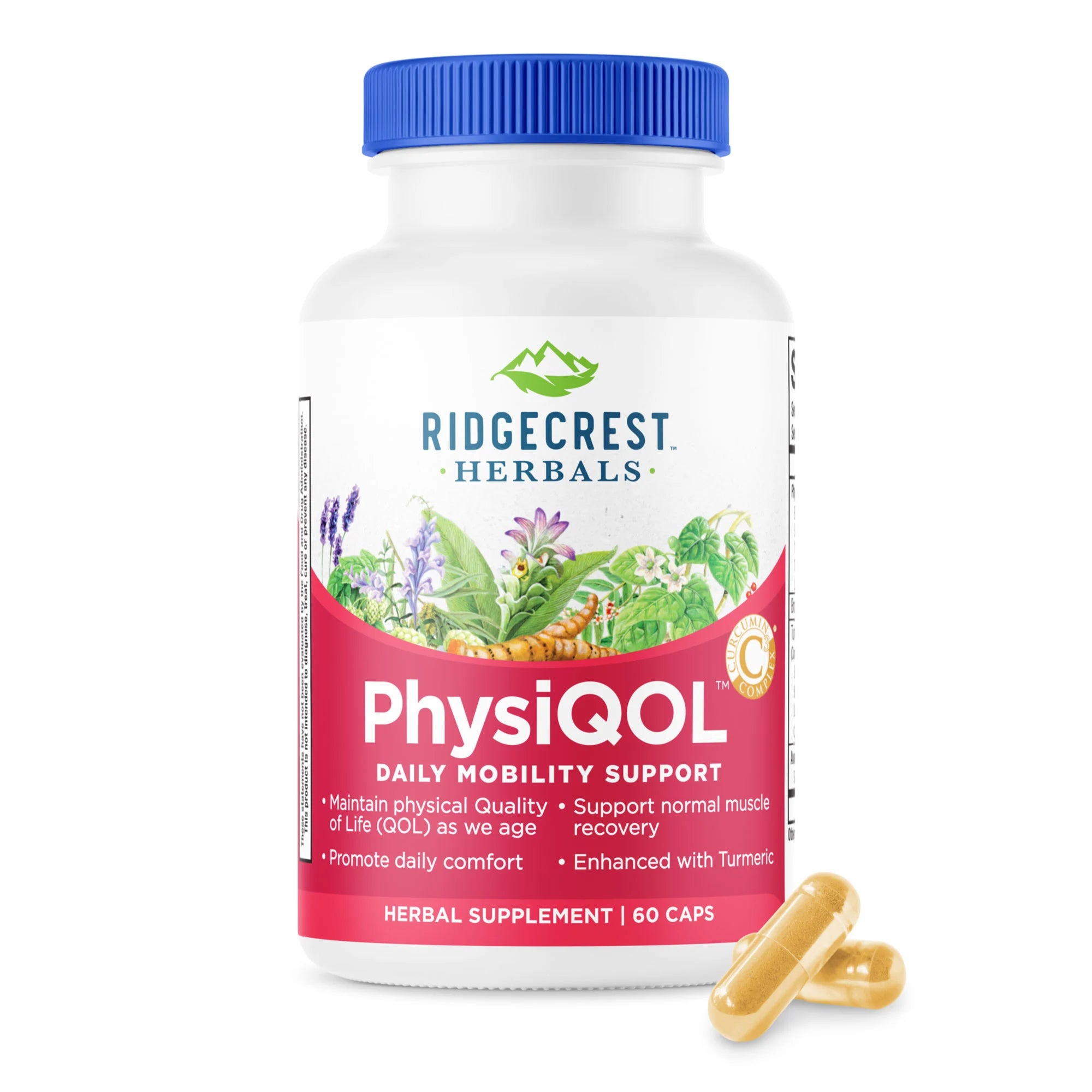
Leave a comment
All comments are moderated before being published.
This site is protected by hCaptcha and the hCaptcha Privacy Policy and Terms of Service apply.